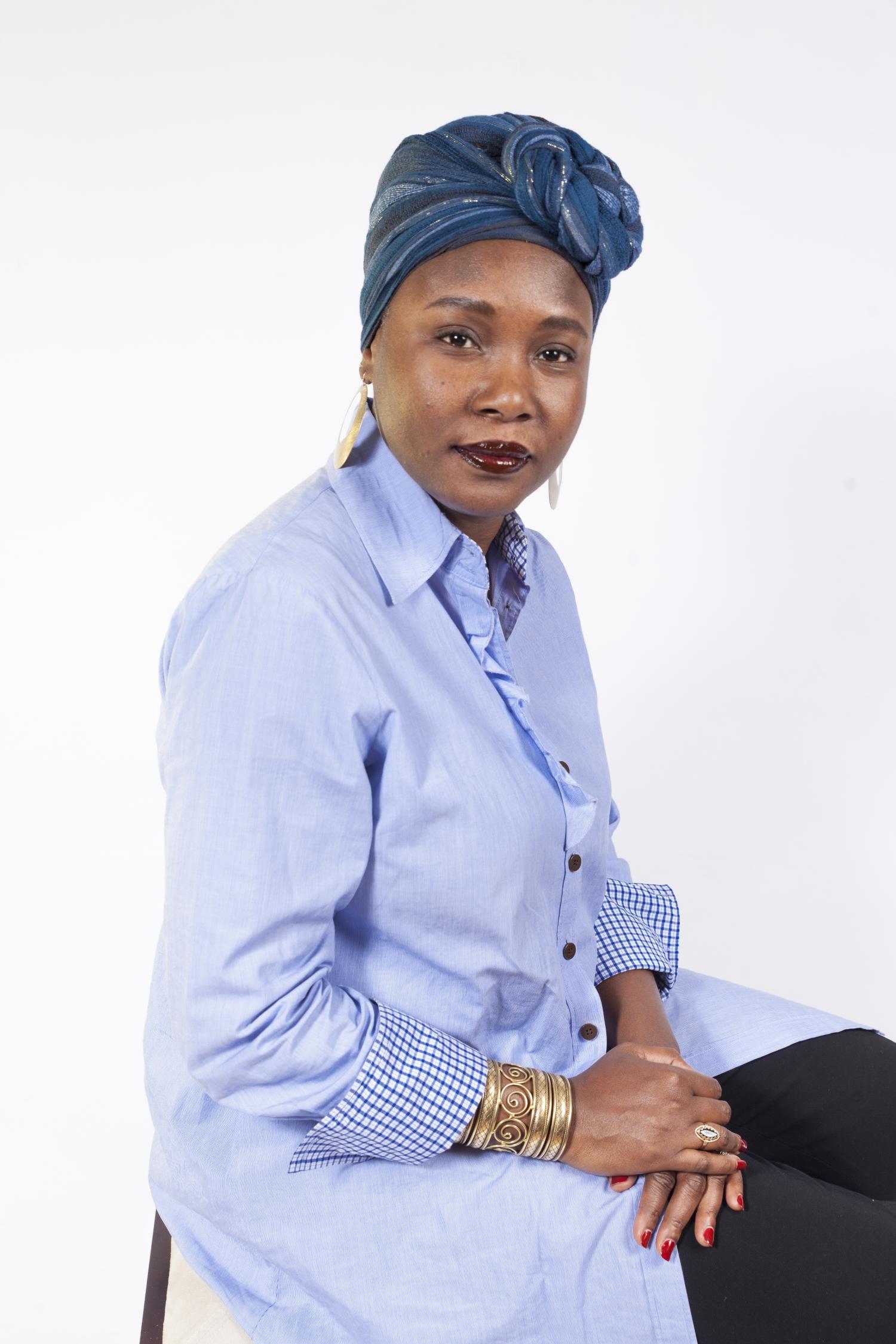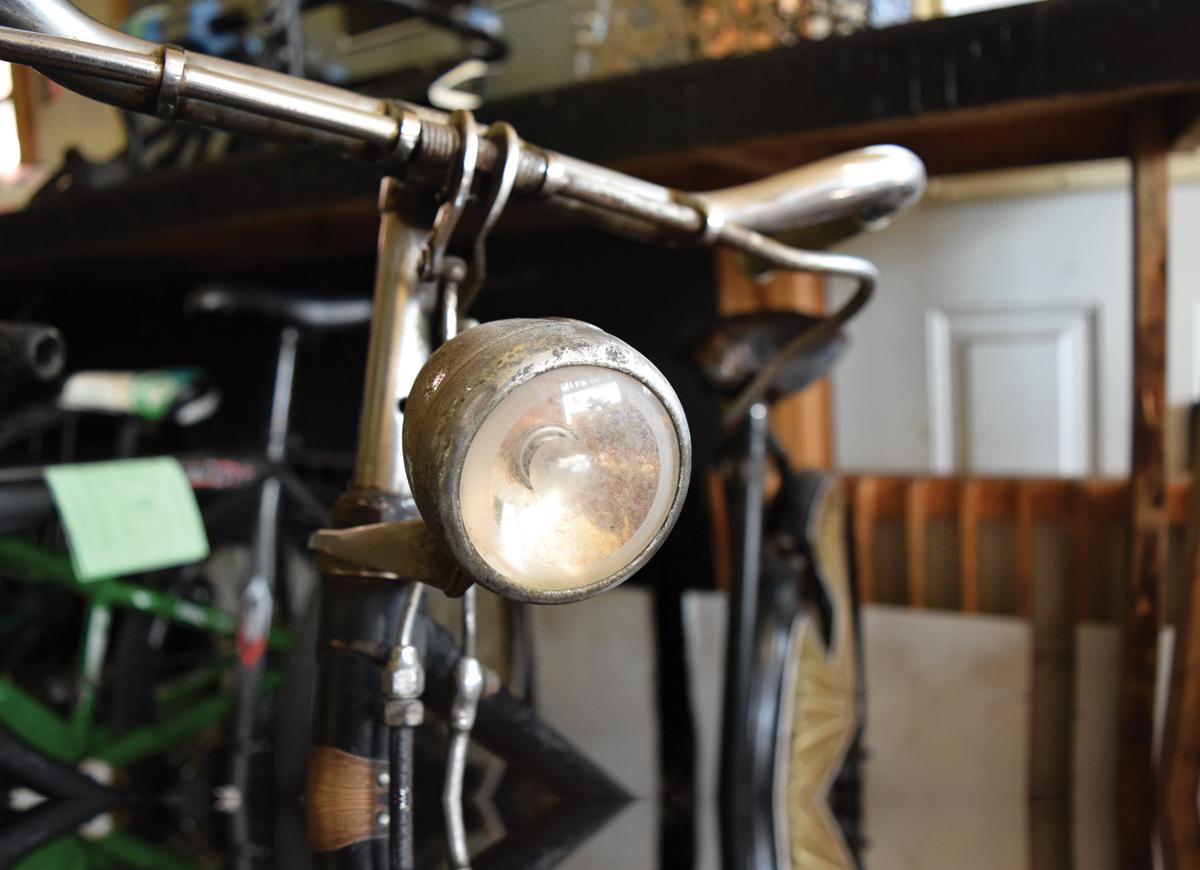
Vandalization Spree turns into a Call to Action
The vandalization of Old Ottawa East reminded community members that racism and discrimination are still very common in Ottawa.
Cars, parks, and other properties were covered by graffiti that had swastikas, the “n” word and other derogatory terms, all of which, it transpired, were painted by youth on April 29th, 2018.
Although this was very alarming for members of the community, Darlène Lozis sees the incident as an opportunity to renew our education system — to create curriculums that teach the complexities of systemic racism, and includes a wider cultural range.
Lozis is the president of 3R International, an organization that helps racialized youths in the justice system. The organization does this through many approaches, including holding information sessions for interested youth, their families, and the public. These sessions inform community members about current racial stigmas and how they tend to operate. 3R International explains various ways for people to cope with stigma as well as how to educate others who may lack information.
Lozis says one of the largest causes of racism is lack of knowledge.
“If you don’t know, you tend to be afraid. People are scared of people that are different,” says Lozis.
She continues to talk about how important these sessions are because sometimes people are simply curious to know about other cultures. When they’re not informed or are misinformed, it can be easier to form negative perceptions, often without factual support.
“Are you going to stop a white person on the street and ask them where they’re from? No, and that’s the problem,” she says.
In addition to information sessions, 3R International also provides youth with the opportunity to try active or creative activities; teams, talents, and other such pastimes often help keep individuals out of prison. The organization then does regular checkups on youth who’ve been in trouble with the justice system and helps them get back into their regular lives as smoothly as possible, whether that be school or employment. Most importantly, 3R International’s main priority is to spark a conversation with the communities they work with.
Lozis says that the main challenge she has seen youth experience is a crisis of identity. She continues to say that the education system contributes to this issue by failing to thoroughly educate youth about racism, and to deconstruct some of what systemic racism instills in the minds of individuals. The result, she argues, is that people grow up with an understanding that race dictates class, and that class dictates one’s relationship with the law. Lozis feels the best way to tackle this issue is through conversations.
“We have lawyers, entrepreneurs, and other great people. It’s not enough to just have education on racialized people for the month of February. The racialized youths need to see themselves in other ways. We have to educate the youth to become our teachers and good ambassadors,” said Lozis.
She said the people responsible for the vandalism displayed such racist symbols because they grew up watching or listening to racist slurs and stereotypes, and so that’s all they knew.
In response to the vandalism, 3R International is going to hold a few public activities through the months of August and September, which are going to be open to anyone in the public. These activities will include educating and informing people on the fact that racism and ignorance still exist within our communities, and addressing how large and urgent the issue truly is. They will also speak about how important it is to embrace other people’s cultures and values.
“We have to learn from what happened. This is a community thing, a Canadian authority thing. We have to act on what happened, not wait for something to happen then complain. Time works well with actions and I don’t have time to complain, I have time to raise actions.”













